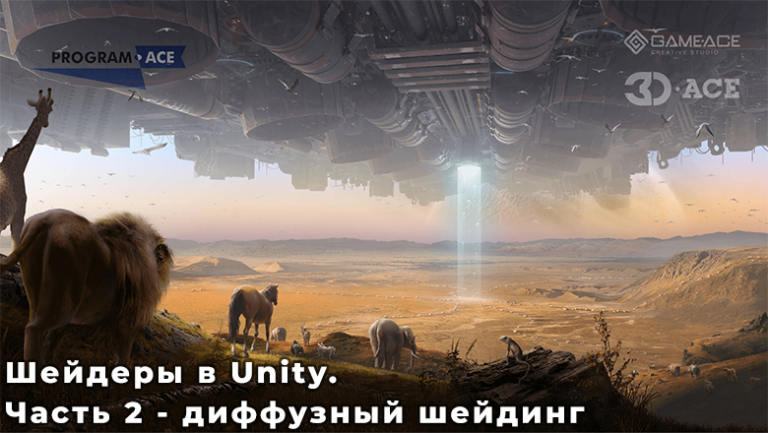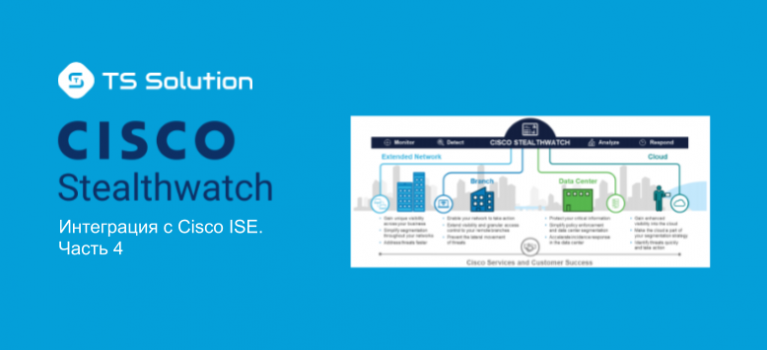How I went to IT Picnic and talked about the universe of AI assistants from T-Bank
Well, it's been a while since I've talked about events in an article format. I'm making amends, although there is also a story about Positive Hack Days 2 in May in the works, but it's my own fault: I got a lot of interviews at that event. But now I'll talk about IT Picnic. This is another big IT festival, it's been held for several years now. In 2024, as in 2023, the event was held in Kolomenskoye Park.
“IT-Picnic” is less specialized than, for example, Offzone or the same Positive Hack Days, so it has a popular science character. And although the name contains the abbreviation “IT”, meaning “Information Technologies”, “IT-Picnic” has a lot of content that is not particularly related to IT, but provides a lot of useful information. In general, I like the design of the event: both last year and this year. I also like the number and quality of lectures.

Moreover, the lectures are divided by topics and scenes, which is good news. By the way, some stands also had small stages where speakers from companies told interesting stories. However, not everything was so good: this is my second year at IT Picnic, and for the second year there are a lot of people. So many that you have to wait in a pretty long line for each activity. This also applies to the various food trucks: both paid and free ones had lines in which you had to wait for 20-30 minutes to buy something to eat. This really spoiled the impression, because getting to any stand to ask a representative about the stand or the company is quite a quest. And this is taking into account that the organizers doubled the size of the event venue.
By the way, interviewing the speaker from T-Bank was also not an easy task. But the press service of the financial organization helped me cope with it, for which I am very grateful, as well as for the ticket (for two adults and two children) to the event. Well, since I am talking about the speaker, I present to you our short conversation with the director of the T-Bank Artificial Intelligence Center, Viktor Tarnavsky. We talked a little about their universe of AI assistants, just AI and its development in Russia. Enjoy reading!
In spring 2024, 6 of your AI assistants were introduced, tell us more about them.
They can adapt to a person’s requests and give them a personalized response with recommendations or product selections on a variety of topics and questions.
Basic models are trained on general data and do not take into account the specific requirements and contexts characteristic of specific user requests. Accordingly, they cannot effectively perform tasks that require specialized knowledge and skills. For this reason, our AI assistants are launched based on specialized large language models (LLM). Therefore, each of the six assistants is an expert in their field and is able to solve narrow-profile tasks: for example, a travel assistant will help plan a trip to a specific city, offer a selection of seats and ticket options at the right time and date. Likewise, a shopping assistant can find a product with a specific pattern, price and for the right season.
There are six assistants in total, covering all the main areas of a person: shopping assistant, travel assistant, financial assistant, investment assistant, secretary and junior assistant.
Invest Assistant and Junior Assistant are currently available, but we will launch all the others by the end of the year and are conducting final tests.
The press release states that they use Gen-T. What is this technology, what is it based on?
Gen-T is a family of specialized language models that are designed to solve specific problems. Unlike general-purpose models like ChatGPT, Gen-T technology is focused on specific areas and offers solutions that are highly customized to the user's needs.
The models solve real problems of our clients. And on them we consistently bypass ChatGPT and are able to bypass GPT-4. For example, Junior Assistant gives a more correct answer 20% more often compared to ChatGpt.
Tell me, is this universe designed more for business and consumer segment, or can it be reoriented towards science, research or programming, in particular, development?
The Universe of Assistants is a user product. Before creating any product at the T-Bank Artificial Intelligence Center, including the Universe of Assistants, we focus on user experience — whether this product will benefit our clients or not. If not, then there is no point in spending resources on it.
In the near future, we do not plan to expand the Universe with other assistants. But separately for employees, we are creating co-pilots based on artificial intelligence for all major professions within the company: support, recruitment, sales, representatives and IT specialists.
Was the data used to train the neural networks taken from open sources or was it the company’s own expertise?
Data is definitely the key to good models. We use data from external open sources, carefully filter and prepare it, but we also build our own databases. In particular, we have our own AI editorial team with experts in different fields. These are AI trainers, specialists whose tasks include marking and preparing text for AI. How successfully the language model will work and how quickly and efficiently it will be trained directly depends on them.
To what extent can these technologies replace humans? Should we expect your company to abandon traditional customer support with operators and call centers in favor of AI assistants?
Regarding the integration of customer support with AI tools, we think in terms of a co-pilot or human enhancement concept. AI-based solutions allow support staff to do their job more efficiently and quickly. Therefore, we are not talking about replacing employees with AI assistants, but rather the opposite — about enhancing their capabilities, automating certain routine processes.
What do you think is better: to develop AI models yourself or to give it to the community (open source)? Would your company give Gen-T to the community to develop it further?
AI development is a joint effort between companies and the professional community. We believe in open source and are also working hard in this direction. For example, we recently released one of our large language models, T-lite, into open source. Its feature is its small size (8 billion parameters), it is several times smaller than current models, and very easy to use.
We did this both to share the technology with the community and to gather feedback and improve the internal models we use in our assistant products.
In industrial and internal benchmarks, the model outperformed foreign Llama-3–8B‑Instruct and Chat‑GPT 3.5. At the same time, T‑lite was created using only 3% of the computing resources that are usually required for this type of model.
T-lite is part of Gen-T, a family of our specialized language models that powers AI assistants.
In your opinion, how are things in Russia with the creation of proprietary and open source neural network models and LLM models? Is there a gap between the Russian Federation and the rest of the world in terms of creating AI models and neural networks? And when will our country overcome this lag?
Creating our own solutions is, in a sense, a forced approach. We must do this; we cannot depend on external solutions. The reasons may be different — both geopolitical and legislative in terms of using customer data. There should definitely be alternative solutions that are being developed in the Russian Federation. Moreover, we have engineers who are capable of performing such tasks — this is rare, and we need to take advantage of it. Will it work or not? Actually, it is already working.
Do you think the hype around AI is overblown because it can be done with simpler and cheaper systems?
There is a lot of hype around AI, that's true. But it's not without reason. The new generation of models definitely has a great future – just maybe not as great as those who aren't very immersed in the topic expect.
Unfortunately, everyone's time was limited, so we said goodbye to Victor, and then I went to another event. Regarding IT Picnic, I can say this: once again I am convinced that it is worth going to large events only for a specific purpose (to take an interview, discuss a specific stand or a specific new product from a company, and so on). Because it is impossible to give a review due to the number of people, and writing “Oh, it was all cool”, while simply listing the stands of different companies, is no longer interesting to me. By the way, another interesting point: I have no negativity towards T-Bank, I like their participation in IB conferences, I like the articles and materials on working with AI, but the connection belonging to T-Bank worked very poorly at the event, my video messages did not load, audio messages were poorly played, the Internet itself worked slowly. At the same time, another provider on another phone worked well. That is, the problem was not in the number of people, although indeed, when there are many people, the towers are under more load. However, the person who accompanied me also had a poor T-Mobile connection. Perhaps, it is not even T-Mobile's fault, but there were some jammers. They are definitely present at large events, but, I repeat, another provider worked fine for me.
Frankly speaking, it is not my business to tell the organizers, how to change the situation with a large number of people, but I would suggest as an option to increase the event from 1 to 2 days. Yes, it is more difficult and more expensive, but perhaps this will solve the problem of the number of people and relieve queues. Probably, it is worth increasing the number of activities or shifting the vector towards lectures. But the problem of a large number of people discourages me from attending the event. And I was as a reporter, if I had paid money, I would have left even earlier. And these thoughts are based on the results of not one “IT Picnic”, but two, last year I did not even write a review report because of this, because there was simply no material. Therefore, only one interview with Alexey Usanov from Positive Technologies about reverse engineering and the creation of a book on this specialization was published. This year I finally decided to write a review material, but in order not to criticize too much, I diluted it with an interview about AI.





